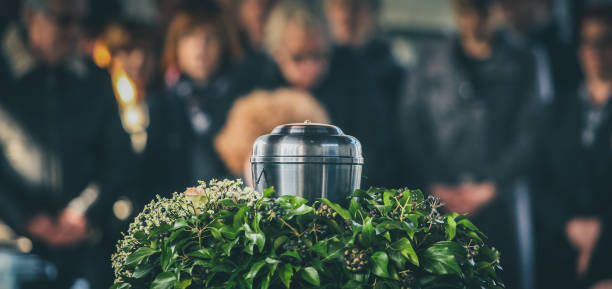When you lose someone you love your feelings will be influenced by many different things. This might include:
Who the person was to you – How close you were to them – How they died
How you feel will also be influenced by how you deal with life in general, your culture, and any religious views you may have.
Everyone is different and deals with life in different ways. Your experience may be different. The important thing is to accept that it is ok to have these feelings. Grieving is a normal, healthy process.
Grief is not something you get over you have to go through it and gradually learn to live with it. You might have thought you were prepared, because the person’s death was expected or because you’ve previously lost someone you love. Whatever the circumstances, it is very common to feel an initial sense of shock.
You may feel numb, or worry because you haven’t cried. Feeling numb is one of the things that helps us to cope with very intense and distressing emotions. Over time, the sense of numbness will go.
You might be someone who feels like you’ve been hit by a car! You may cry everyday.
You may have expected to grieve deeply in this way, and accept your feelings.
Are these emotions unexpected? – Are you angry that you feel this way? – Do you feel overwhelmed? – Are you worrying that you’re not coping? – Does your grief feel so devastating that you don’t know how you can live with it?
You will over time you will learn to live with the sense of loss.
Do you feel relieved that the person has died? It may be that they have suffered too long. Relief is a normal response and not something you should feel guilty about. It doesn’t necessarily mean you didn’t love and care for your loved one or that you are a bad person.
Are you feeling Anger? – Did your loved one die too soon? – Or before you could say your goodbyes?
This is all very normal.
It is also completely normal to experience physical symptoms of grief, sleepless nights, feeling stressed, along with not eating or even over eating. Having headaches, low immune system. These are all normal reactions to losing someone close to you. The most important thing is to look after yourself eat and drink even if you don’t feel like it.
Try to have some normality in your life. Be kind to yourself.
Profound Grief
There is such a thing as profound grief – you don’t have any joy in life, you lose any interest in hobbies and life is completely grey. Even when it’s sunshine the sky is black. You feel psychical pain, and or become ill.
You find that you still have very extreme emotions over the death, or regarding the person who has died. You see your life as “an existence” some have said, “it’s really not like living at all.”
Once you realise you have profound grief a way for working with this “monster” is to replay the day the person died over and over again, this allows you to listen and feel the grief, but then put it down and walk away from it.
Some believe that it’s a UK culture that we don’t know how to handle grief properly, we simply don’t have the wear with all to deal with it.
People don’t have a way of showing their understanding of grief and so what a lot of people will do, is they ignore the person who is grieving, or they ignore the grief element. We’re still a very reserved country and we don’t want the person to break down in front of us.
What I have found helpful is just to say something. What you say to the person who is grieving, doesn’t really matter. It’s just that you are acknowledging the suffering that they are going through.”
Grieving for someone you had a difficult relationship with
Everyone has their ups and downs in a relationship. So you might be surprised to find you are having unexpected emotions when they die.
You might have thought you would cope better or grieve less. You may be grieving for the relationship you could or should have had. You may have mixed feelings, some of guilt, anger, regret or something in between.
All of these emotions are normal.
Coping with this situation involves lots of factors.
What was your relationship with the person? – How do you normally cope with distressful situations?
It also depends on the support you have around you. We all cope in different ways. Some things might help like talking to someone who is a good listener. Even going to see a counsellor if you don’t have someone line that around you.
The best way to start is take one day at a time. Take your time doing mundane tasks – keeping busy helps tremendously. Even if you don’t feel like it get up dress up and show up. Also taking time out helps to restore your mind and body.
Above all recognise what’s happening to you and do something about it. Getting out helps just get out of the house and walk such a simple task but it works. Try to sleep a bit more and have some regularity in your life.
You can also get help from a support group because it helps to talk to someone who has walked in your shoes.






